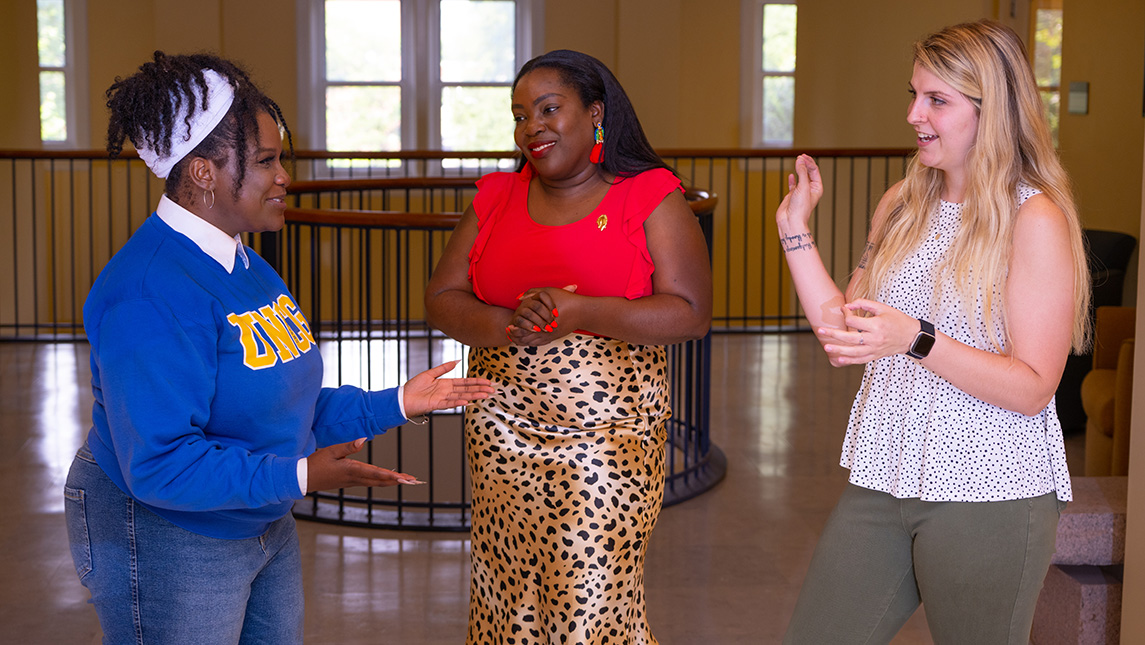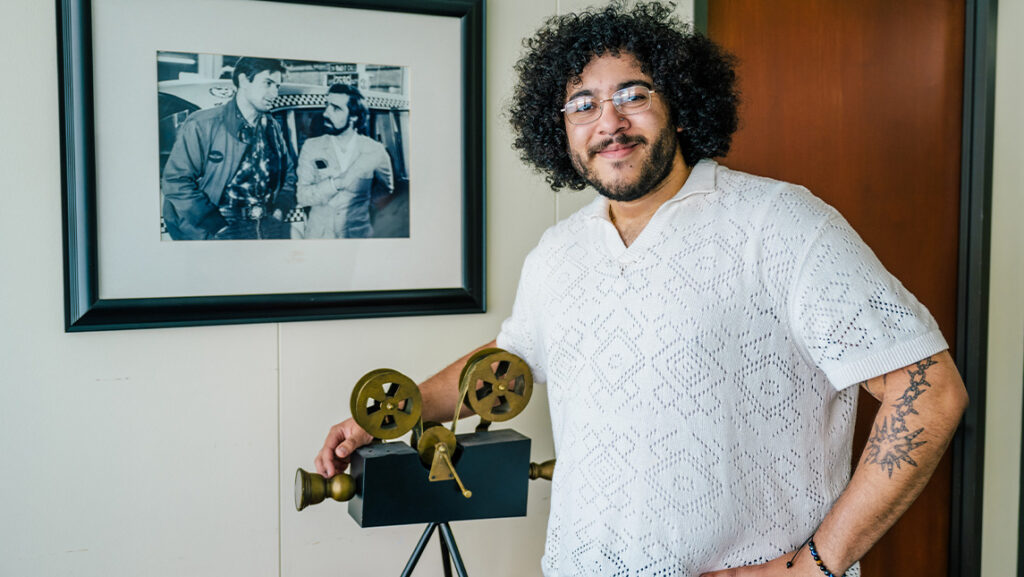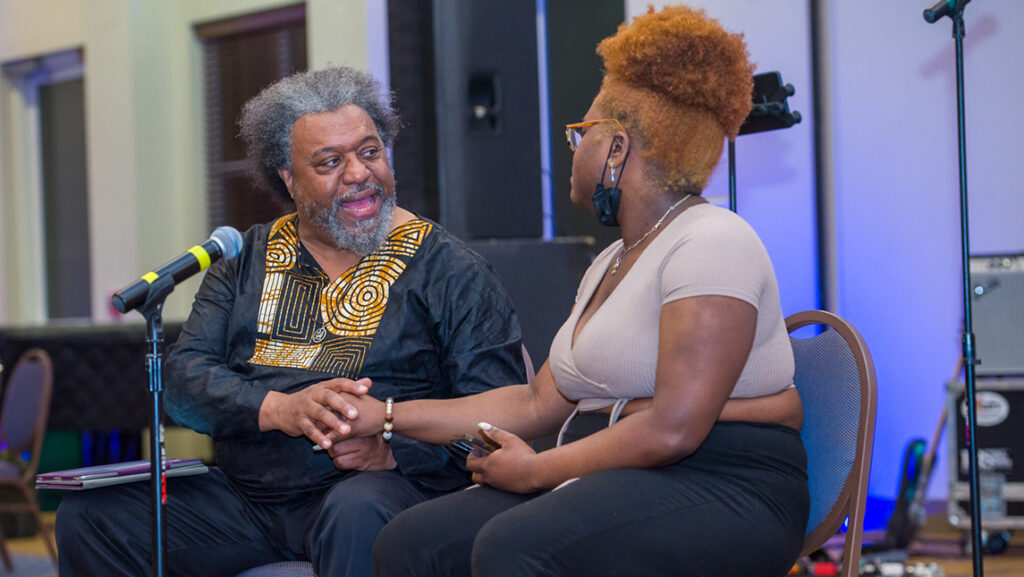The UNCG McNair Program has received renewed funding from the U.S. Department of Education, with an anticipated total of $1.3 million over five years. The program, which connects high-achieving students with research experiences at UNCG, is designed to increase PhD attainment by students from underrepresented backgrounds and ultimately increase the diversity of our nation’s scholars.
Dr. Andrew Hamilton, associate vice provost for academic affairs and dean of undergraduate studies, emphasizes that funding for the McNair Programs is “hyper-competitive,” with top-ranked universities competing for resources across the country.
UNCG’s program began in 2017 and serves approximately 25 students each year. It has unique strengths, Hamilton says, that helped it stand out, including dedicated faculty members.
“We just have terrific faculty partners, who support student learning in their labs and studios and museums and archives all year round,” he says. “At any given point in the academic year, we’ve got students who are actively either doing their own research or contributing to faculty work in those areas and spaces.”
This year’s McNair Scholars, for example, include a biology student investigating variations in mammal skull density, an information science student studying how race and gender influence experiences in higher education, and a sociology student tracing the impacts of the pandemic on minority, first-generation, and lower-income students.
UNCG-McNair scholars receive a variety of supports, including mentorship from faculty members, financial guidance for graduate school, and exposure to professional conferences. Program strengths include a close collaboration with UNCG libraries and a Summer Research Institute – an eight-week immersion program that provides a deep dive into the research world, from honing academic writing skills to getting hands-on experience in a research laboratory.
Participants say that, beyond these tangible benefits, the program also provides a sense of community and connection on campus.
First-generation college students have access to the program, as do students who come from low-wealth backgrounds or ethnic and racial groups that are typically underrepresented in graduate degree attainment.
“This initiative is a tangible way that UNCG meets its commitment to accessible excellence,” says VC for Research and Engagement Terri L. Shelton. “The return on investment is exponential: McNair Scholars, who are already exceptional, access experiences that strengthen their trajectories for success, while scholarly fields benefit from an influx of accomplished scholars from underrepresented backgrounds.”
As the UNCG’s McNair program embarks on the next leg of its journey with renewed funding, it has also gained new leadership – Stephanie Macfoy, who is now serving as the program’s associate director, and Sandra Hunter, who is UNCG’s new director of TRIO Programs.
“The McNair program is one of eight federal TRIO programs targeted to serve and assist low-income individuals, first-generation college students, and individuals with disabilities to progress through the academic pipeline from middle school to post-baccalaureate programs,” says Hunter. “I am honored to start my tenure at UNCG with this announcement that we were refunded.”
Story by Rachel Damiani & Sangeetha Shivaji
Photography by David Row, University Communications



